|
Sometimes traditional teaching methods, in spite of their large number, are not enough. These days, education has to face a lot of challenges, namely the early school leaving trend which causes a lot of worries among teachers and society. To prevent such situations, it is important to create a stimulating environment in the classroom and to involve the students as much as possible, gaining their attention and encouraging cooperation. In order to do this, the knowledge on Non Formal teaching methods and strategies is one of the mayor keys.
The new edition of the course “Non-Formal Education Teaching Methods and Strategies” took place in Palermo from 23/04/2023 to 29/04/2023 . The participants came from all across Europe, with Jasenka from Osnovna škola Vladimir Nazor (Croatia); Marilin, Leana, Maya and Eva from Merivälja School (Estonia); Goran, Marija e Biljana from Primary School Sinisa Janic (Serbia); Ermelinda, Eduardo and Judite from Agrupamento de Escolas de Oliveira de Frades (Portugal); Ladislava from ZŠ Hrnčiarska (Slovakia); Eva and Victoria from IES Politécnico Jesús Marín (Spain); and Alexandra and Sebastian from Jörg-Ratgeb-Schule Stuttgart (Germany). On the first day of the training course, after an ice-breaking activity, the participants were encouraged to introduce themselves in a “non-formal” way, with very good results. Creativity was stressed in many ways: collages, poems, songs, games and much more, that became a way to let the others inside their lives. The main topic of this first day of training course was the difference between Formal, Non Formal and Informal Education. On the second day, the main goal was to dig deeper into the understanding of Non Formal Education, using Kolb’s experiential learning cycle as a starting point for learning. An important amount of time was devoted to the debriefing, seen as an important step to introduce after lessons and activities in order to help students to “process” the learning experience. NFE was “tested” by the participants. After the setting-up of a series of activities commonly used in Non Formal Education, the participants had the chance to experiment them by themselves. They took part, for instance, in a battleship of knowledge and in a crossword activity. Many debriefing activities were carried on, too. On the third day, through some visual strategies, NFE main characteristics were explained. Then, another important topic was addressed: being teacher and facilitator. Participants were encouraged to think about this topic while performing some NFE activities in which were also involved board games. On the fourth day, the training course focused on the following topics: teambuilding, group work, membership and inclusion. During several activities, participants worked into groups in order to achieve teambuilding as well as some goals given. They then had a debate on these activities, their roles, and finally they tried to imagine how to apply such activities in their classrooms. On the last day of the course, the main topics addressed were the 8Cs of teambuilding and the different kinds of assessment related to NFE. The participants were given an amount of time to think about all the activities of the week and to “sort” them into categories, according to the belonging type of assessment (for example, formative or non formative assessment). Also, they were encouraged to think about what changes they would like to do in their teaching methodologies after this training course, considering Non Formal Education. Later on that day, the Certificate Ceremony took place, marking the end of the course. It was an enriching experience for everyone. Every day they tried to learn more about NFE, they bravely took up new challenges. More importantly, they weren’t afraid to speak and share their thoughts. The trainer created a suitable environment to exchange thoughts and teaching practises on a daily basis, to compare methodologies and strategies used in one country from another. This was an added valuable knowledge for all the group that lived this experience with a very positive attitude. Discover more about this course here. |
Welcome to the ELA Blog. Here you will find articles and photos of our courses and have a look at the topics addressed during the week in Bologna, Palermo and Tenerife. You will also have the chance to take a peek at our projects and check out what we have been up to.
Archives
July 2024
Categories |
-
Course catalogue
- 2023-2024 course catalogue
- Soft Skills >
- ICT and New Technologies >
- Inclusion and Diversity >
-
Innovative Teaching Methods
>
- Innovative teaching methods discovery
- Non-formal education teaching methods
- Dual education and work-based learning
- Teaching leadership and entrepreneurship
- Project based learning
- Game based learning and gamification
- Green skills
- Outdoor education
- Outdoor education trekking edition
- Promoting creativity and critical thinking
- Languages and EU projects >
- Preschool >
- Erasmus Plus KA1
- What we do
- About us
- Locations
- Blog
- Contact us
 English
English български
български Čeština
Čeština Español
Español Français
Français ελληνικά
ελληνικά Italiano
Italiano Polski
Polski Português
Português Română
Română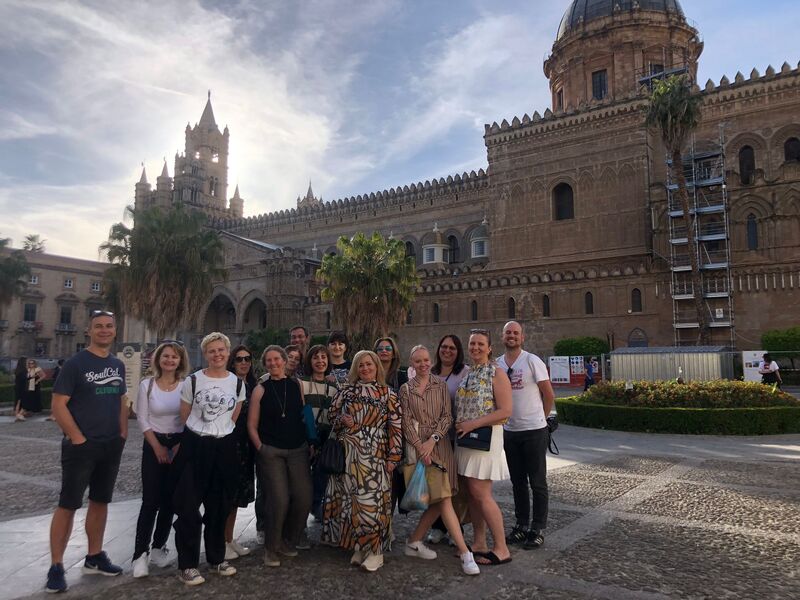
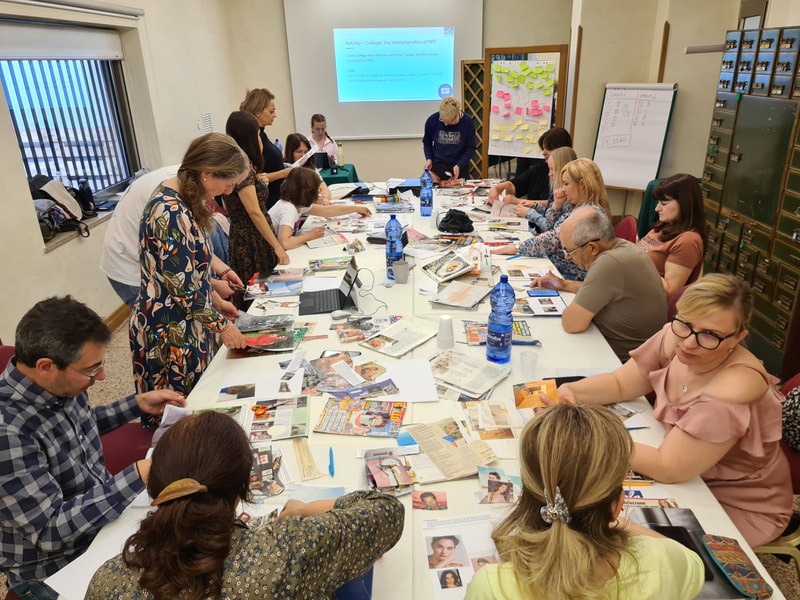
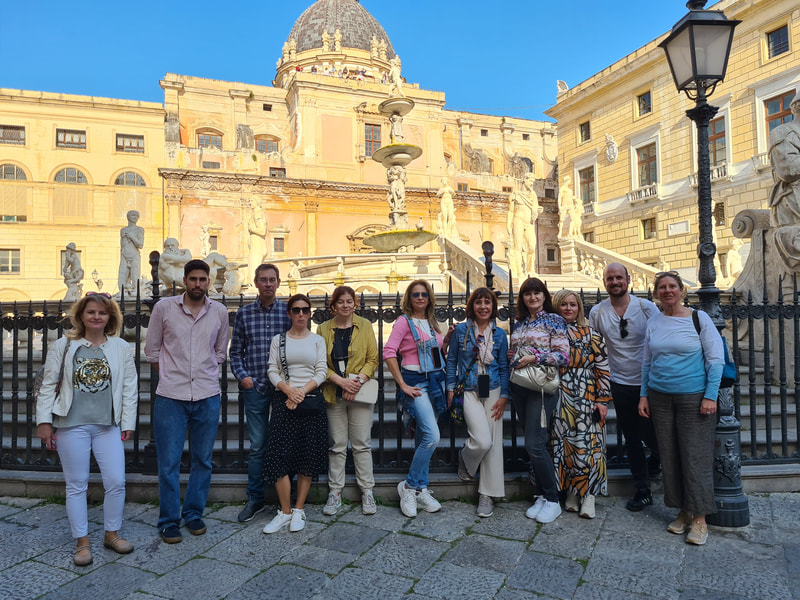
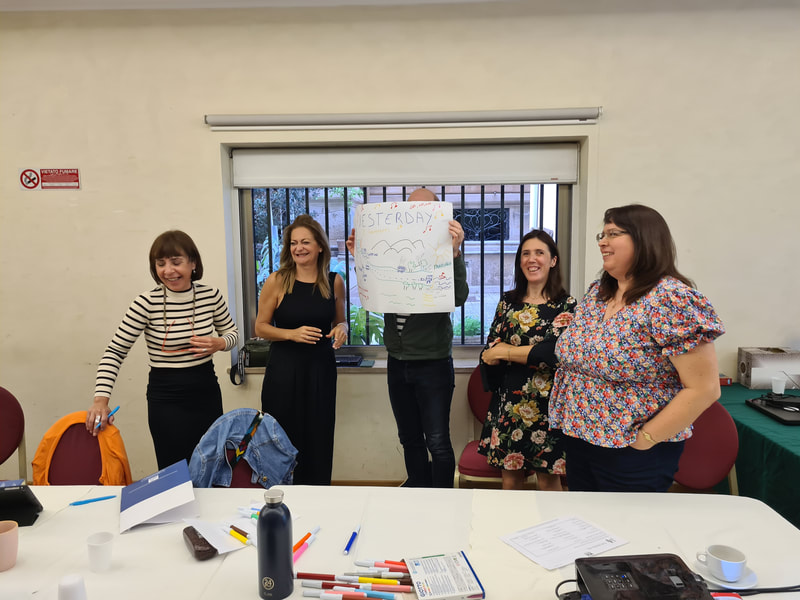
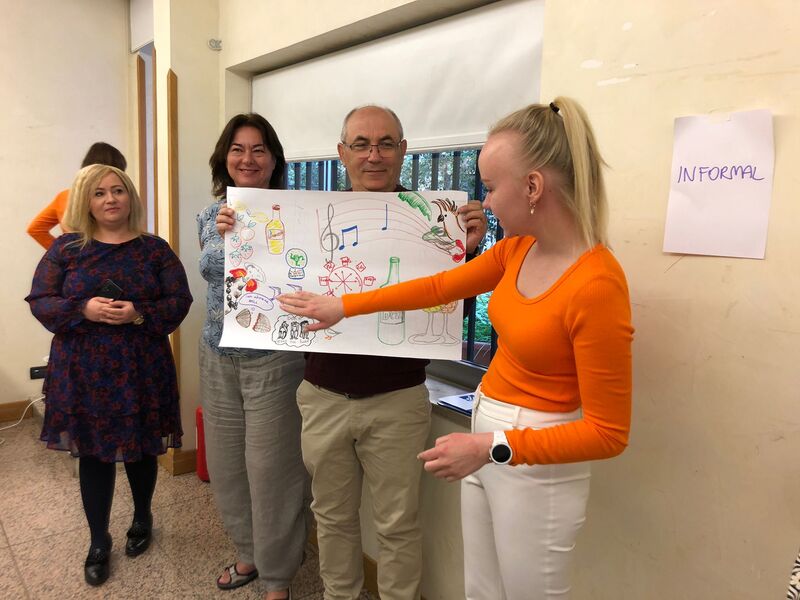
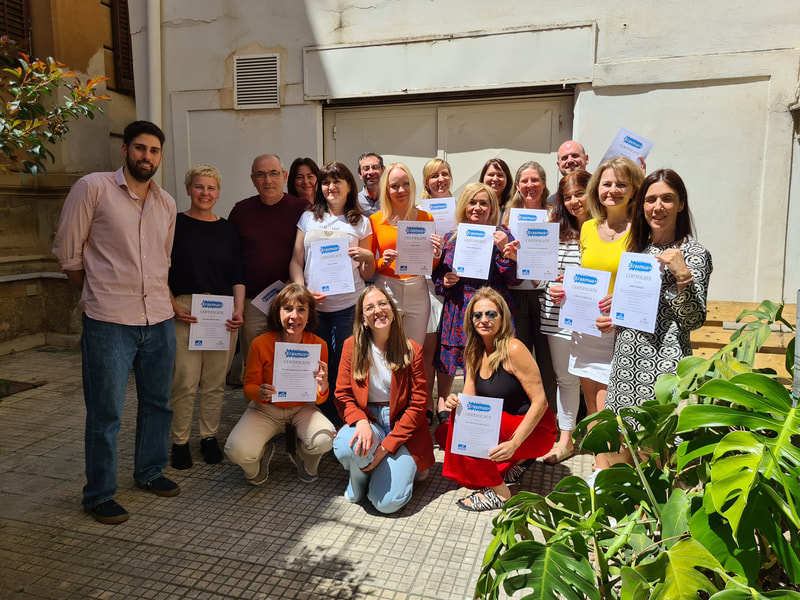
 RSS Feed
RSS Feed









